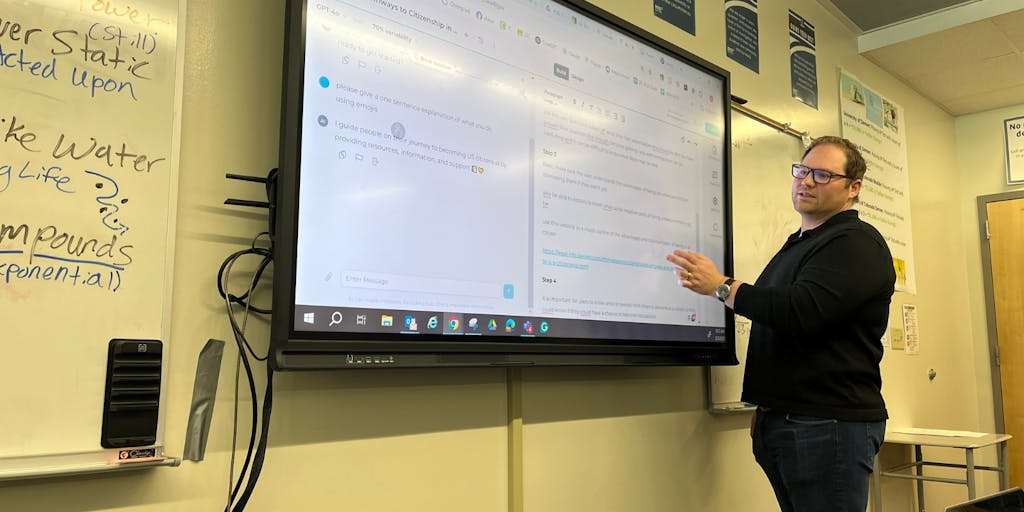- Playground Post
- Posts
- 🛝 Student Math Crisis, Student AI Builders, Free College Credits
🛝 Student Math Crisis, Student AI Builders, Free College Credits
Welcome to Playground Post, a bi-weekly newsletter that keeps education innovators ahead of what’s next.
Here’s what we have on deck for today…
Student math gaps widen across America

New NAEP data reveals a startling divide in math achievement across every state. While top students improved by 3 points since 2022, the bottom 10% dropped 5 points — creating gaps equal to two years of learning in states like Massachusetts, California, and Texas.
The split marks a dramatic shift from pre-2013 trends, when gains were shared across performance levels.
However, historical data offers hope: from 1954 to 2007, U.S. students showed steady improvement equivalent to four years of learning.
For education organizations, this presents a clear opportunity to develop scalable solutions, using lessons learned from those earlier periods of progress.
Schools transform students into AI creators

A nationwide initiative of 80+ educators across 19 schools is rewriting the AI playbook in education.
At DSST: College View High School in Denver, students aren't just using AI — they're building custom chatbots for everything from mental health support to voter registration.
The program, co-led by Leading Educators and The Learning Accelerator, provides a blueprint for organizations looking to implement AI responsibly while empowering students to become technology creators rather than just consumers.
For education innovators, this signals growing demand for AI development platforms and curricula.
NYC students get free college credits

New York City Schools are investing $500,000 yearly to help students earn college credits starting in 9th grade.
Through a partnership with Delaware State University, 100 students will take college-level courses while in high school, earning up to 64 credits - equivalent to an associate degree.
The numbers show why:
Early college students are three times more likely to earn degrees than their peers.
These types of programs, though, are resource-intensive, requiring specialized teacher training and curriculum development and showcasing a clear need for tools that can make early college programs more affordable and easier to implement at scale.
If you enjoyed this edition of Playground Post, please share it with your friends!
We’ll be back with another edition on Friday. See you then!
To stay up-to-date on all things education innovation, visit us at playgroundpost.com.
What did you think of today’s edition? |